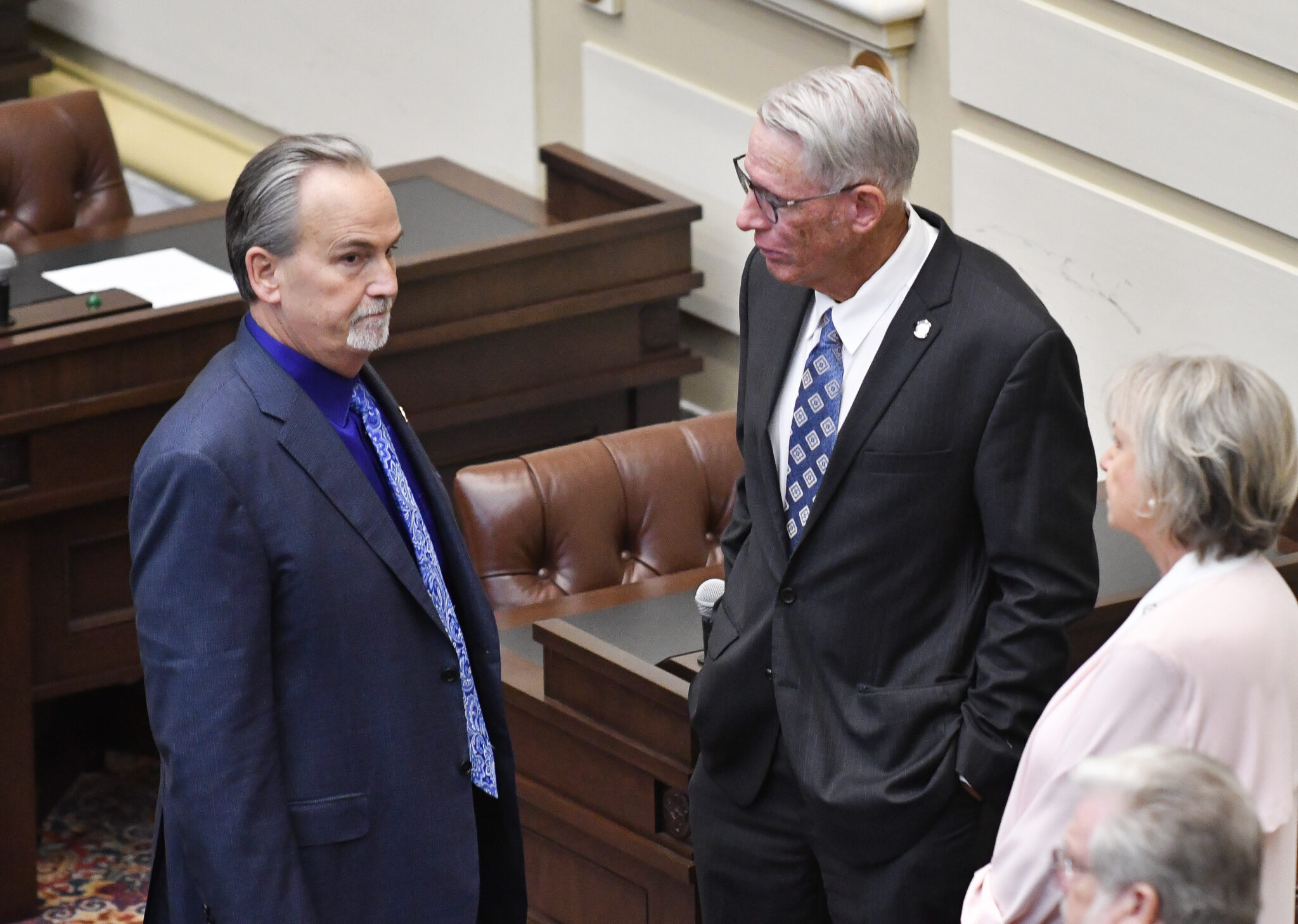Sports Betting Showdown: Oklahoma Lawmakers Push Forward Despite Tribal Gaming Tensions

In a significant development for Oklahoma's gaming landscape, proposed legislation aimed at legalizing sports betting took a crucial step forward on Thursday. The Senate committee advanced multiple bills, including a notable proposal that would grant the Oklahoma City Thunder the opportunity to secure a gaming license.
Despite the promising progress, the legislative journey hasn't been without controversy. Lawmakers and tribal representatives have raised concerns that some of the proposed measures might potentially conflict with existing tribal gaming compacts, adding a layer of complexity to the potential sports betting expansion.
The bills represent a potential game-changer for the state's entertainment and sports industries, signaling a growing openness to embracing sports wagering. While the Oklahoma City Thunder's involvement adds an intriguing dimension to the proposed legislation, the broader implications for the state's gaming ecosystem remain a topic of intense discussion and negotiation.
As the bills move forward, stakeholders will be closely watching how these proposed changes might reshape Oklahoma's gambling regulations and impact existing tribal gaming agreements.

